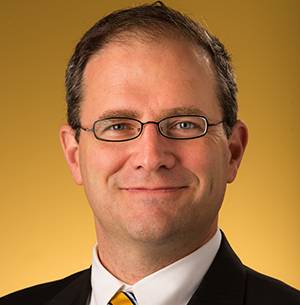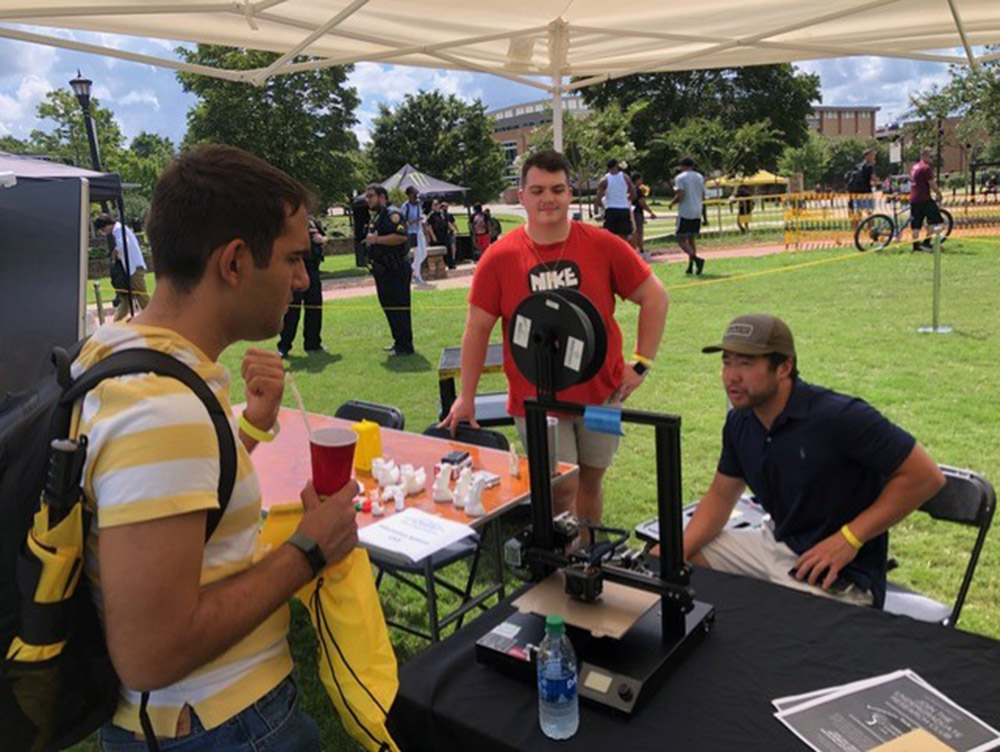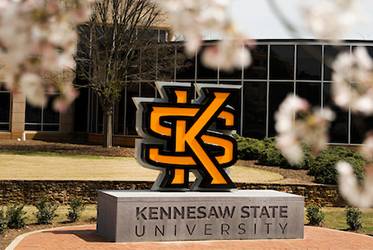

KENNESAW, Ga. | Feb 13, 2023

Making digital innovation with emerging technologies work in a large, multi-site organization is tricky. People get used to their technologies and ways of doing things. Jobs are designed to use up all of the people's time. That means people often do not have time to learn new things and change the way they do things. Meanwhile, organizations know they must develop new ways of doing their work with new technologies, because growth opportunities come from innovation. And, new technologies can enable new ways of working and new products. This is a dilemma. Recently, we have been innovating the core technology infrastructure at KSU to enable students, staff, and faculty to learn 3D printing and use it in courses, projects, and operational innovation. This work has been very successful. The Technology Association of Georgia even recognized it with the Digital Transformation of the Year award in 2022. Here are some key insights:
Having a shared technology infrastructure matters with emerging technologies.
The amount of change is large. The change can cause investments in tools and solutions
that do not work. Not working can be a result of actual bad tool design, or it can
also come from not fitting into the processes already in the organization. It takes
people from various organizational groups to troubleshoot and avoid these problems.
Often, efforts are only get led by Research and Development, Engineering, or IT groups.
That would not be enough.

Enabling iteration matters.
Shared infrastructure often gets set up monolithically. That means one location with
fixed capabilities available. That is not what we did here. We enabled an "ecosystem"
approach. This is an association of labs sharing management practices, software, platform
maintenance skills, human resources, insights into new hardware and usage, etc. They
retained most local autonomy. This approach needs collaboration tools and leaders
who want to cooperate, learn and apply the targeted technologies in practice in the
organization. Once you have these pieces in place, the various labs can try new things
and share as well as get input into designs for new efforts.
Inviting and accepting new members matters.
Organizational change efforts often form initial teams and then operate like that
team is the fixed team for the life of the effort. In this work, we have taken a somewhat
"open source" approach. We have intentionally set up training workshops for outside
groups within the organization to learn how to use the technology. We have posted
and shared our internal documents with these interested groups. We have assistants
and project leads who help with designing and implementing new labs as well as providing
guidance on purchasing and selection to meet local needs. There are a lot of tradeoffs
and invisible issues new members will encounter. Getting a heads up on these helps
organizational resources be used more effectively.
If you are interested in this work. Reach out. We would be happy to host you for a chat, tour, or workshop. You can see a bit more about our ecosystem and its outcome here https://experience.kennesaw.edu/3dprinting. You can also learn more about our successful effort in scaling and supporting 3D design and printing across KSU here: https://www.frontiersin.org/articles/10.3389/feduc.2021.763362/full.

Bringing Career Conversations Into the (Virtual) Classroom: Requiring One-On-One Office Hours in an Online Marketing Capstone for Student Success

How does Services Development Affect Manufacturing Export Competitiveness?

The Problem of Teaching Performance Evaluation and a Proposed Solution

Disruption at Regional Universities: Challenges and Opportunities.